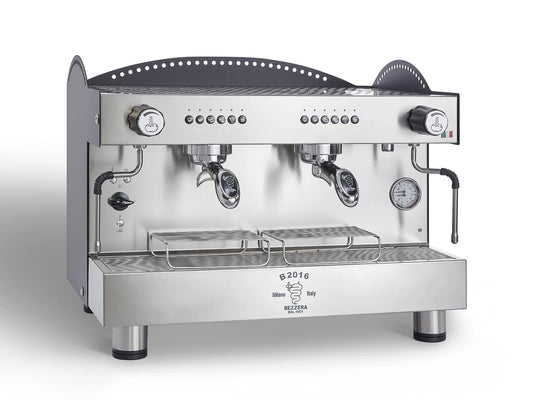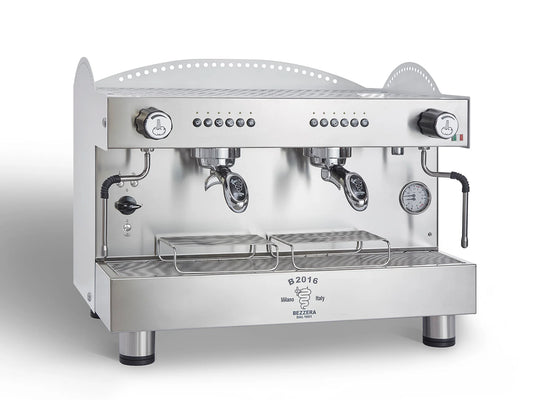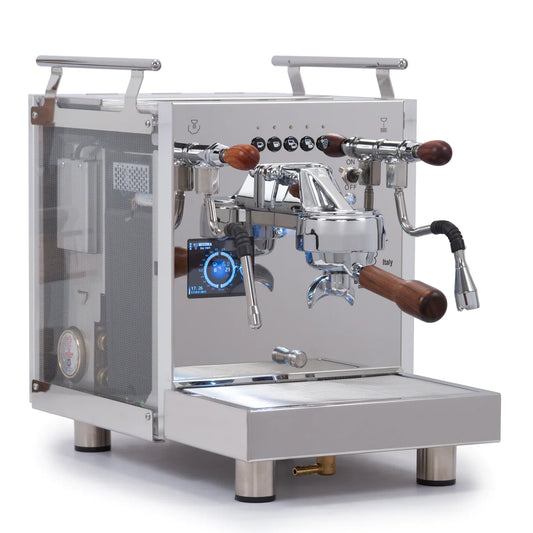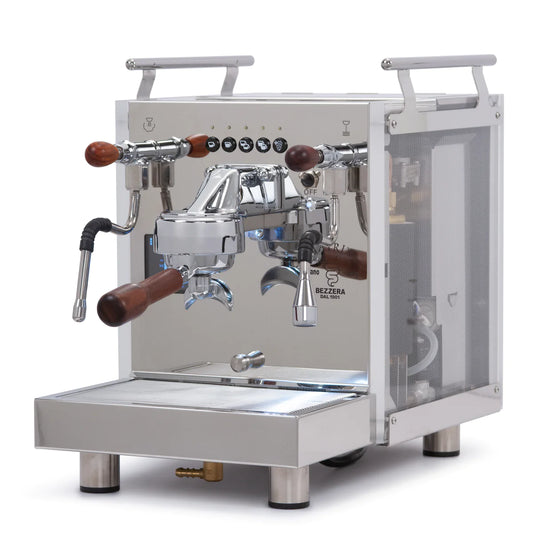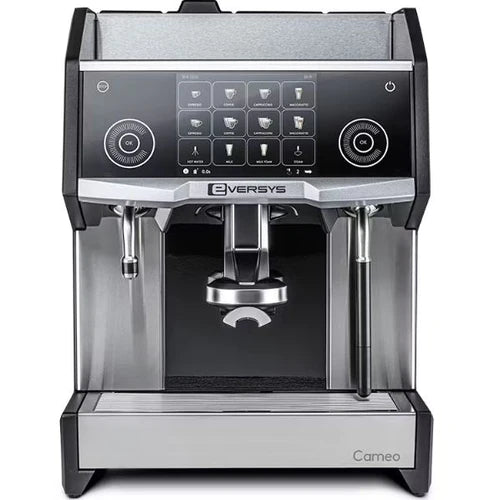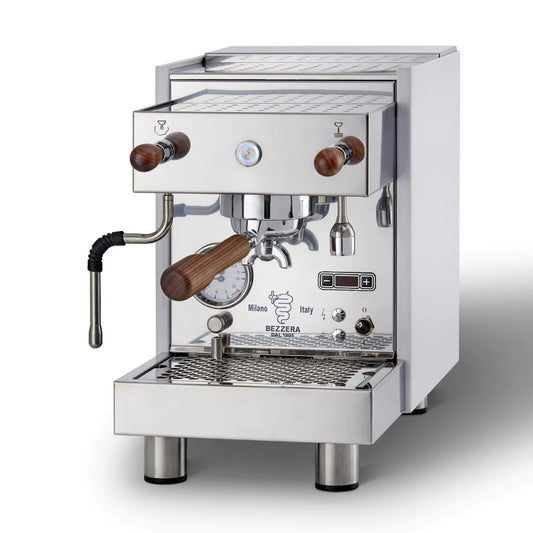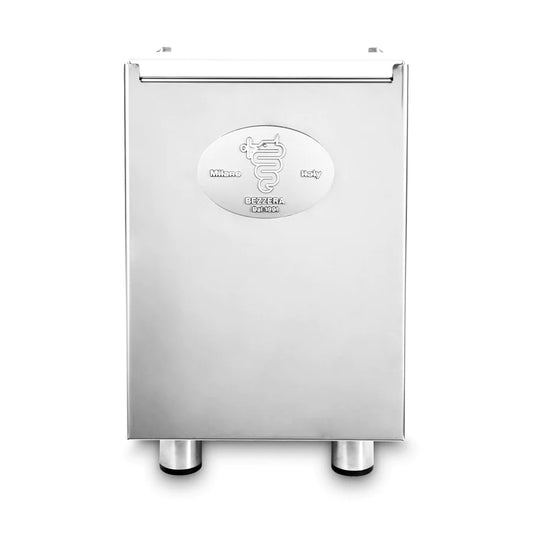The Essential Role of Coffee in Workplace Culture: Building Connections and Boosting Productivity
Table of Contents
- Key Highlights:
- Introduction
- The Social Dynamics of Coffee Breaks
- The Impact of Quality Coffee on Employee Wellbeing
- Hybrid Work and the Need for Social Interaction
- The Workplace Coffee Experience: A Call for Improvement
- Real-World Examples of Coffee Cultures in Successful Workplaces
- The Economics of Coffee in the Workplace
- Conclusion: Brewing a Better Workplace
- FAQ
Key Highlights:
- Nearly half of British workers express a desire to return to the office more frequently if it means they can socialize with colleagues, emphasizing the importance of workplace camaraderie.
- A staggering 98% of employers acknowledge that coffee is crucial for employee wellbeing, with 82% of employees reporting improved mood and productivity when quality coffee is available.
- Despite the clear benefits of coffee in fostering social interactions, two-thirds of surveyed employees have limited access to coffee-making facilities at work.
Introduction
Coffee has long been a staple in office environments, serving not only as a caffeine boost but also as a social lubricant. The latest research underscores the pivotal role that coffee plays in enhancing workplace culture and employee satisfaction. As companies navigate the complexities of hybrid work models, the need for effective social interaction among colleagues has become increasingly apparent. A recent survey reveals that nearly half of British workers would be more inclined to work onsite if it meant greater opportunities to connect with their peers. This article delves into the integral role coffee plays in fostering communication, improving morale, and ultimately enhancing productivity in the workplace.
The Social Dynamics of Coffee Breaks
The coffee break is more than just a pause in the workday; it is a critical moment for social interaction. According to the survey conducted by Thrive London, 70% of employees identified coffee machine chats as the most sociable part of their day. These informal exchanges are vital for building camaraderie and collaboration among coworkers, creating a sense of belonging that can alleviate feelings of isolation, which 27% of workers reported experiencing.
These interactions are not merely idle chatter; they serve as a platform for idea sharing and relationship building. In environments where employees feel connected, creativity flourishes, and teamwork becomes more effective. As Clare Hancock, Managing Director of Thrive London, notes, "Coffee is the small thing that powers the big things — connection, creativity, performance." The act of stepping away from the desk to grab a cup of coffee provides employees with a much-needed break to recharge mentally and emotionally.
The Impact of Quality Coffee on Employee Wellbeing
The survey findings indicate that 82% of employees believe that having access to good coffee enhances their mood and productivity. This statistic highlights the significance of quality coffee in the workplace, not just as a luxury, but as an essential element of employee wellbeing. Employers who invest in premium coffee options may find that this seemingly minor perk leads to substantial returns in employee satisfaction and performance.
Good coffee can transform the workplace atmosphere, making it a more inviting and enjoyable space. In fact, 83% of respondents reported that they find their workplace to be an enjoyable place to be, a sentiment that is closely tied to the availability of quality coffee and the opportunities it creates for socialization. Conversely, the survey revealed that if the workplace environment is not conducive to comfort and connection, employee happiness plummets to just 22%.
Hybrid Work and the Need for Social Interaction
The shift towards hybrid work models has created new challenges for organizations striving to maintain a cohesive team dynamic. With many employees working remotely part-time, the opportunity for spontaneous interaction has diminished. This change has prompted 45% of hybrid workers to express a desire to come into the office more frequently if they could engage in social activities with colleagues.
Employers must recognize the importance of facilitating these interactions to combat feelings of loneliness and isolation among staff. Simple changes, such as organizing coffee mornings or team-building activities around coffee breaks, can encourage employees to come together and strengthen their connections. By fostering a culture that values social interaction, organizations can improve employee morale and create a more supportive work environment.
The Workplace Coffee Experience: A Call for Improvement
Despite the clear benefits of coffee in the workplace, the survey revealed that two-thirds of respondents only have access to a kettle at work. While a kettle may suffice for basic needs, it does not provide the same experience as a quality coffee machine that can create a variety of beverages to suit different tastes. This lack of options can detract from the overall workplace experience, potentially impacting employee satisfaction.
Employers should consider upgrading their coffee facilities to provide high-quality options that meet the diverse preferences of their workforce. Implementing a coffee solution that offers specialty coffee can enhance the workplace dynamic and promote a culture of collaboration. As Clare Hancock pointed out, investing in premium coffee is not merely an expense; it is a "priceless investment in people."
Real-World Examples of Coffee Cultures in Successful Workplaces
Several companies are already reaping the benefits of fostering a strong coffee culture in their workplaces. For instance, tech giants like Google and Facebook have integrated coffee bars and cafes into their office designs, creating spaces where employees can congregate, collaborate, and innovate. These companies understand that quality coffee is more than just a beverage; it's a catalyst for creativity and community.
Additionally, many organizations have adopted the practice of hosting "coffee chats," where employees can gather informally to discuss ideas, share feedback, or simply connect on a personal level. These gatherings can significantly enhance team cohesion and foster an atmosphere of openness and collaboration.
The Economics of Coffee in the Workplace
From an economic perspective, investing in quality coffee can yield significant returns for organizations. Engaged employees are more productive, which ultimately translates into better business outcomes. Moreover, the costs associated with providing high-quality coffee are often outweighed by the benefits of increased employee satisfaction and retention.
Employers must also consider the competitive advantage that a positive workplace culture can bring. In an era where talent acquisition and retention are critical to business success, offering appealing perks such as quality coffee can help attract top talent. Employees are increasingly seeking workplaces that prioritize their wellbeing, and quality coffee is a small yet impactful way to demonstrate this commitment.
Conclusion: Brewing a Better Workplace
The findings from the recent survey highlight the essential role that coffee plays in the workplace, serving as a catalyst for social interaction, employee wellbeing, and productivity. As companies navigate the challenges of hybrid work models, it is crucial to prioritize the creation of environments that foster connection and collaboration.
By investing in quality coffee and enhancing coffee facilities, employers can cultivate a workplace culture that values social interaction and employee satisfaction. In doing so, organizations not only improve the daily experiences of their staff but also position themselves for greater success in a competitive business landscape.
FAQ
Q: Why is coffee important in the workplace?
A: Coffee serves as a social lubricant, fostering connections among colleagues, improving mood and productivity, and enhancing overall workplace satisfaction.
Q: How can employers enhance coffee culture in the workplace?
A: Employers can invest in quality coffee machines, provide a variety of coffee options, and organize social gatherings around coffee breaks to encourage employee interaction.
Q: What impact does coffee have on employee wellbeing?
A: Access to quality coffee can significantly boost employee mood and productivity, contributing to a more enjoyable and engaging workplace environment.
Q: How can a strong coffee culture benefit businesses economically?
A: Investing in quality coffee can lead to higher employee engagement, improved productivity, and better talent retention, ultimately resulting in significant returns for the business.
Q: What are some effective strategies for promoting social interaction in hybrid work environments?
A: Organizing regular in-office coffee chats, team-building activities, and creating designated social spaces can encourage interaction and strengthen team dynamics in hybrid settings.

